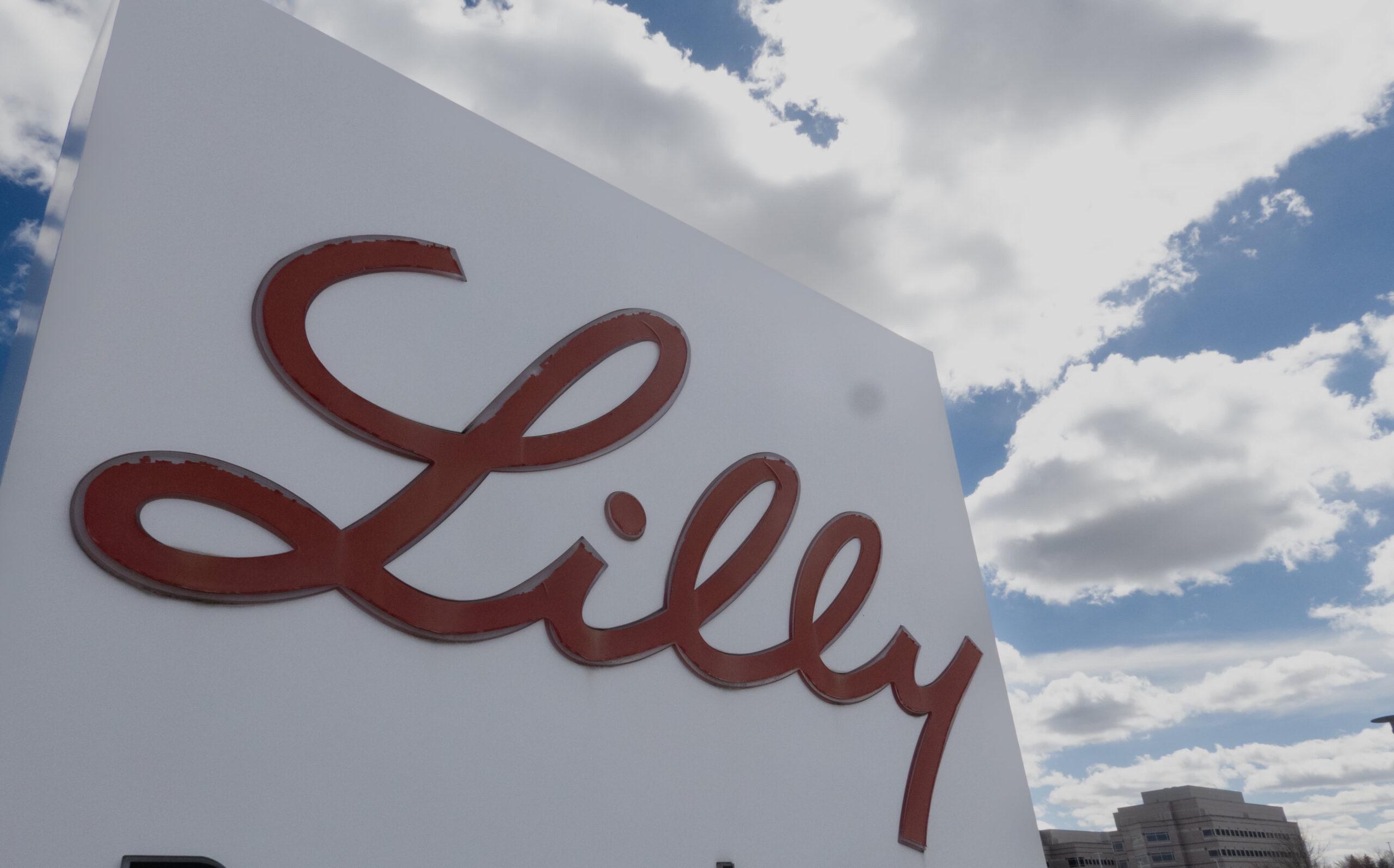JAKARTA: The government’s decision to include two projects of publicly listed property companies in its updated list of national strategic projects (PSN) has raised public suspicion, with critics pointing to a potential conflict of interest given the companies’ role in the development of the future capital city.
Both located within the Greater Jakarta area, the first project is part of the development of Pantai Indah Kapuk (PIK) 2 by property conglomerates Agung Sedayu Group and Salim Group, while the second one is part of Bumi Serpong Damai (BSD) under a subsidiary of Sinar Mas Group.
“The justification for putting [those projects] on the PSN list seems somewhat forced,” Indonesia Property Watch (IPW) executive director Ali Tranghanda told The Jakarta Post on Monday.
He said the inclusion was more “indicative of a political move”, given the parent companies’ involvement in the Nusantara Capital City (IKN) project.
“The vision [for the national strategic projects] was essentially to move the economy quickly [through projects] such as toll roads and dams, but these two [new projects] highlight that the vision has shifted.”
He acknowledged that BSD and PIK 2 had been growing rapidly.
Agung Sedayu, Salim Group and Sinar Mas Group are part of a local consortium planning to invest about 20 trillion rupiah in Nusantara.
The consortium, led by Agung Sedayu founder Sugianto “Aguan” Kusuma, also includes other local conglomerates, namely Pulauintan, Adaro Group, Barito Pacific, Mulia Group, Astra Group, Kawan Lama Group and Alfamart Group.
The government approved 14 new infrastructure projects for inclusion in the PSN, all funded by private investors.
Coordinating Economic Minister Airlangga Hartarto explained during last week’s announcement that the projects had been chosen based on their anticipated economic contributions.
The PSN in the PIK 2 area is for the development of a green area that spans 1,755ha and is supported by the Tourism and Creative Economy Ministry.
“The appointment of PIK 2 as a PSN is a new milestone for developers to achieve a broader impact, not only to build infrastructure and facilities to support its residential and commercial activities,” PIK 2 corporate secretary Christy Grassela said in a statement released on Monday.
The investment could be some 40 trillion rupiah, and the company will start construction work this year and continue until 2060, the release said.
“It will only be funded by the private sector and will not utilise state or local government budget [funds].”
The BSD project is for the development of an integrated area spanning 59.6ha with a planned investment value of 18.54 trillion rupiah. The Health Ministry has backed the project.
Arip Yogiawan, campaign and advocacy lead for research firm Trend Asia, said on Monday that the determination of strategic national projects lacked fixed rules or parameters and relied solely on the government’s discretion.
“The government’s word is all it takes.”
He suspected a political motive behind the inclusion of PIK 2 and BSD on the list, saying that the involvement of the companies behind them in the capital city project served the government’s interests.
“In a way, their investment in IKN could be seen as a means for the government to save face,” Yogiawan said.
“After all, they haven’t been successful in attracting foreign investors thus far.”
Transparency International Indonesia (TII) deputy secretary-general Wawan Suyatmiko voiced a similar opinion. “I don’t think it’s a coincidence,” Wawan told the Post on Monday, adding that IKN Authority deputy head Dhony Rahajoe was a former managing director of BSD developer Sinar Mas Land. “We see this as part of a broader agenda to ensure the success of the Nusantara construction project to become a capital city.”
According to TII’s assessment, there was a notable lack of clear information regarding the PSN, including the rationale for designation and details on project planning and budgeting. — The Jakarta Post/ANN

